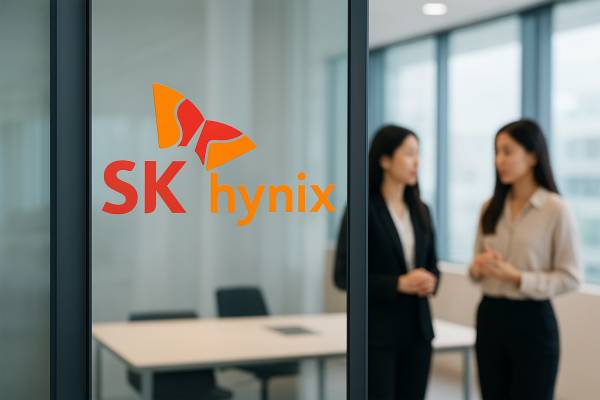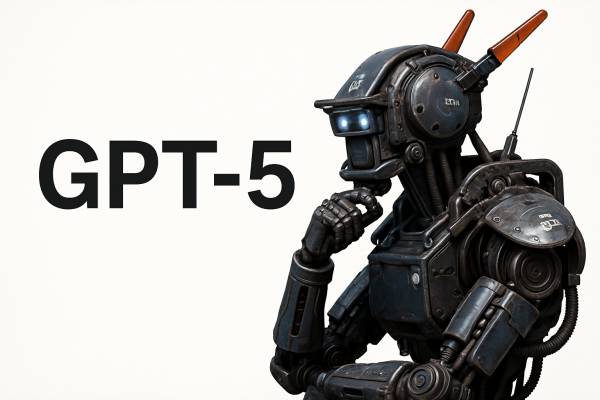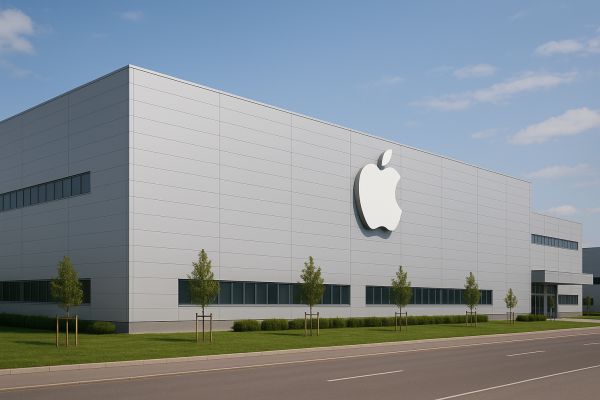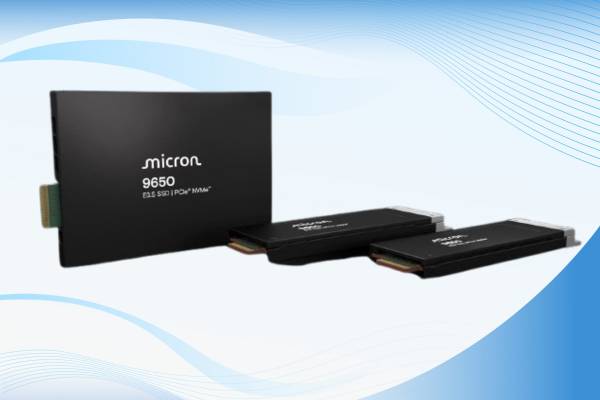The future of digital infrastructure is increasingly based on operating systems that can meet the stability, innovation and compatibility requirements of different industries. openEuler, China's first community open source operating system, is not just a technology product, but the result of a long-term strategic effort to create an independent and diverse technology ecosystem. The latest major milestone in this development is openEuler 24.03 LTS SP2.
The openEuler story is unique in many ways. Initially launched as an open version of Huawei's enterprise distribution EulerOS, it became a community development project in late 2019.In 2021, Huawei handed over control of the project to the Chinese OpenAtom Foundation, creating a new model of software collaboration: industry players, including major companies such as Tencent and Alibaba, work on the operating system on a common platform. This decentralised but structured governance allows technological development and stability to be aligned.
One of the key features of openEuler is its broad architectural support. The system can run on x86, ARM64, RISC-V, LoongArch and SW64 platforms, offering unique flexibility, especially for those looking for a single software solution for different hardware environments. In addition, openEuler offers optimised versions for different application areas - servers, cloud, edge networks and embedded systems - which is a particularly important aspect in environments where digitisation is driving rapidly changing demands.
The current stable major release, 24.03 LTS, is based on the Linux 6.6 kernel version and brings a number of technological innovations: a folio-based approach to improve memory management efficiency, modern scheduling algorithms, and file system optimizations. The distribution has taken a particularly interesting direction by addressing AI integration at a native level - for example, through EulerCopilot, which provides an AI-based question-and-answer system for developers and administrators. This functionality is not only a technical innovation, but also an indication that openEuler is increasingly becoming a platform that can provide the backbone for complex digital services beyond the traditional role of operating systems.

The second service pack (SP2) for 24.03 LTS is part of the regular maintenance cycle and is designed to provide a reliable way to update the base system with support for new hardware, security patches and stability fine-tuning. The concept of service packs in this case is not a mere upgrade, but an essential tool to ensure stable and reliable systems in the long term.
It is important to note that, although openEuler was specifically created as a tool for China's technological sovereignty, international contributors to the project are also playing an increasing role. The code and infrastructure are open, the documentation is available in English, and the system can be tested on several cloud providers in Western Europe and North America. This international availability may be of particular interest to those looking for an alternative to traditional commercial Linux distributions, but who do not want to compromise on functionality or security.
Az openEuler 24.03 LTS SP2 tehát nem csupán egy újabb technikai iteráció, hanem annak a hosszú távú elképzelésnek a következő lépése, amely egy mindenre kiterjedő, biztonságos és rugalmas operációs rendszer létrehozását célozza. A projekt fejlődése alapján egyértelműen látható, hogy nem rövid távú kísérletről van szó, hanem egy olyan kezdeményezésről, amely egyre szilárdabb lábakon áll, és amely valódi alternatívát kínál az informatikai infrastruktúra tervezése és üzemeltetése során.
























